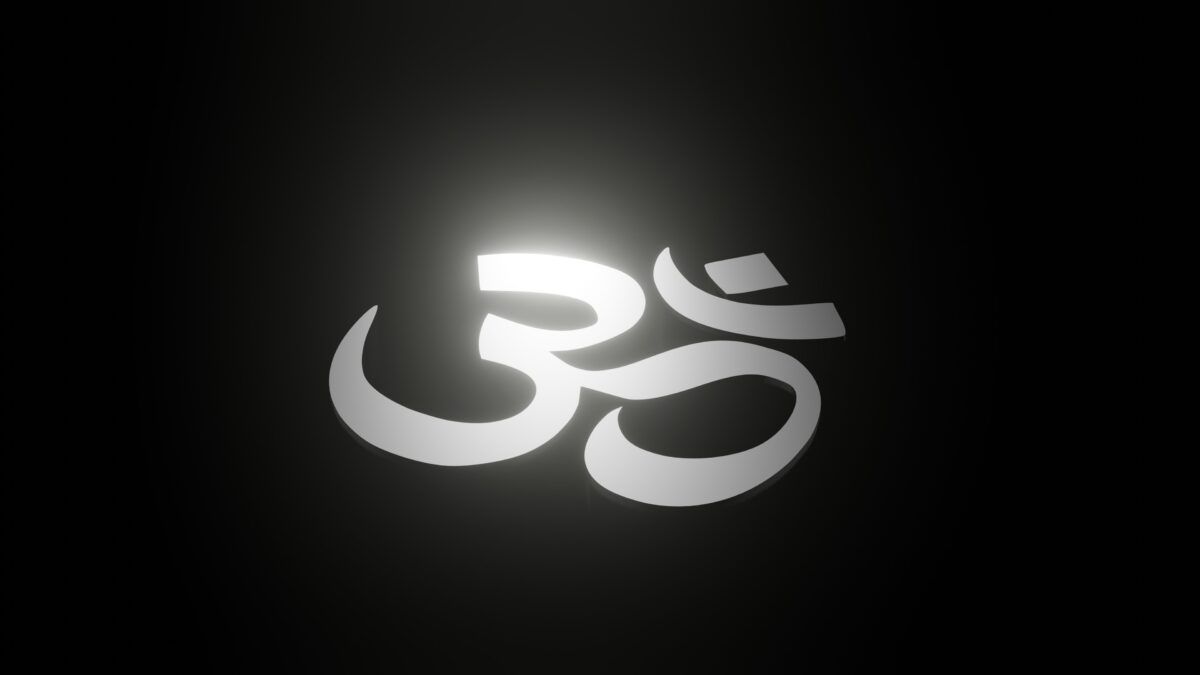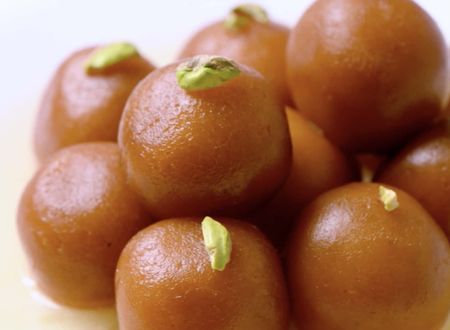The Kathopanishad an Upanishad which everyone can understand.
Upanishads have a reputation for being esoteric and difficult. For good reason. The destination (Self-Realization) transcends words, which means words cannot help a person reach this destination. The Upanishads, therefore, employ creative strategies to point to the Truth. Saying things like “The Self is neither inside nor outside nor in-between”. Which, unfortunately, confuse the heck out of a newbie.
The Kathopanishad, in contrast, is narrated as a story. The Kathopanishad features a young boy called Nachiketas and Yama Dharma Raja, the god of death. Yama Dharma Raja’s teachings of Self-Knowledge is some of the most accessible wisdom. For example, he talks about Shreyas, the path of goodness, and Preyas, the path of pleasure. The wise go after the path of goodness, while the ignorant fritter their lives hankering after pleasures.
In the last few months I read two beautiful articles about the Kathopanishad on os.me – this piece by Divya Vanshika and this follow-up piece by Swati Gunwant. These brilliant posts inspired me to pen my thoughts on Nachiketas.
Nachiketas Looks Out For His Father
Nachiketas’s father Vajasravas was performing a yajna to go to the heavens. The yajna demanded that he give away all his wealth to brahmanas. At the end of the yajna, he was supposed to offer a dakshina to the brahmanas. Instead of offering fine quality dakshina, Vajasravas offered old cows as dakshina.
This did not escape Nachiketas. He had to alert his father (so that the yajna is completed successfully), but how could he do so without flagrantly telling his father that he was making a mistake? Nachiketas tried a diversion tactic. “Father, you’re supposed to give away all your belongings. I, too, belong to you. Who will you give me away to?”.
Vajasravas did not reply. When Nachiketas repeatedly asked the same question, Vajasravas lost his temper and replied, “I’m giving you away to Lord Yama!”.
Now, we all say things we don’t mean in anger. That’s what happened here as well. Nachiketas, however, took his father’s words seriously and went to Yama Loka.
For the sake of honouring his father’s word.
Yama Dharma Raja Offers Nachiketas Every Pleasure Imaginable to Man
When Nachiketas reached Yama Loka, Yama Dharma Raja was not present. Nachiketas waited patiently for two days till Yama Dharma Raja returned.
When he returned, Yama Dharma Raja was aghast – Nachiketas, a guest, had not been given food or other comforts for two days. To make amends, he offered Nachiketas three boons.
Nachiketas asked these boons:
- His father should regain his lost peace of mind (lost because Nachiketas came away to Yama Loka). Furthermore, when he returned back to earth, his father should recognize Nachiketas as before.
- He asked for knowledge of a yajna by which one could go to heaven.
- For his third boon, he asked about what happens after death. In other words, he wanted Self-Knowledge.
Yama Dharma Raja readily granted the first boons, but wanted to ensure that Nachiketas was a fit student before he imparted Self-Knowledge.
“Make a different request for your third boon”, Yama Dharma Raja told Nachiketas. He offered Nachiketas the following:
- Progeny (children, grandchildren and more)
- A long life to be enjoyed with his children and grandchildren
- Long lives for all his children and grandchildren
- Land
- Kingdom which is unrivaled
- Prosperity
- A life span that he can choose (!)
- Vehicles (horses)
- Young girls to mesmerise him with dance and music
Nachiketas Identifies the Fatal Flaw With Pleasures
Let me confess – if I were given this offer, in all probability I would respond with “Are you for real? Are you sure you want to make me this offer that sounds too good to be true?”. After ascertaining that the offer is indeed legit, I would say “Where do I sign, sir?”, before he changes his mind.
And I suspect I would not be alone. This has to be the most lucrative offer in the history of offers.
Young Nachiketas was made of stronger mettle.
He went through the following thought process:
- Let me assume I live well for 100 years
- Let me assume I experience and enjoy every pleasure available to man
- Let me assume I have lots of children and they live well
- Let me assume I have lots of grandchildren and they live well
All of this has a fatal flaw: It will end one day.
After a person lives a full life, will they be graceful in accepting death at the end of his life? Will they treat death as the next adventure, as Albus Dumbledore said? Not so fast, says Yayati, who lived 1000 years enjoying all desires. Fulfilling a desire is like adding ghee to fire, says Yayati from experience – more desires arise.
Nachiketas could remarkably foresee this. “You keep your dancing girls and horses”, he told Yama Dharma Raja. And stubbornly insisted on receiving Self-Knowledge.
A Happy Ending
As much as a student yearns to learn knowledge, a good teacher has the same yearning to impart the knowledge to a fit student.
Yama Dharma taught Nachiketas Self-Knowledge. In a simple way. And along with Nachiketas, Yama Dharma Raja imparts these teachings to anyone who wants this Knowledge.
If they have the same level of eagerness as Nachiketas did.
Image Credit: Shubham Dhage from Unsplash









Comments & Discussion
13 COMMENTS
Please login to read members' comments and participate in the discussion.